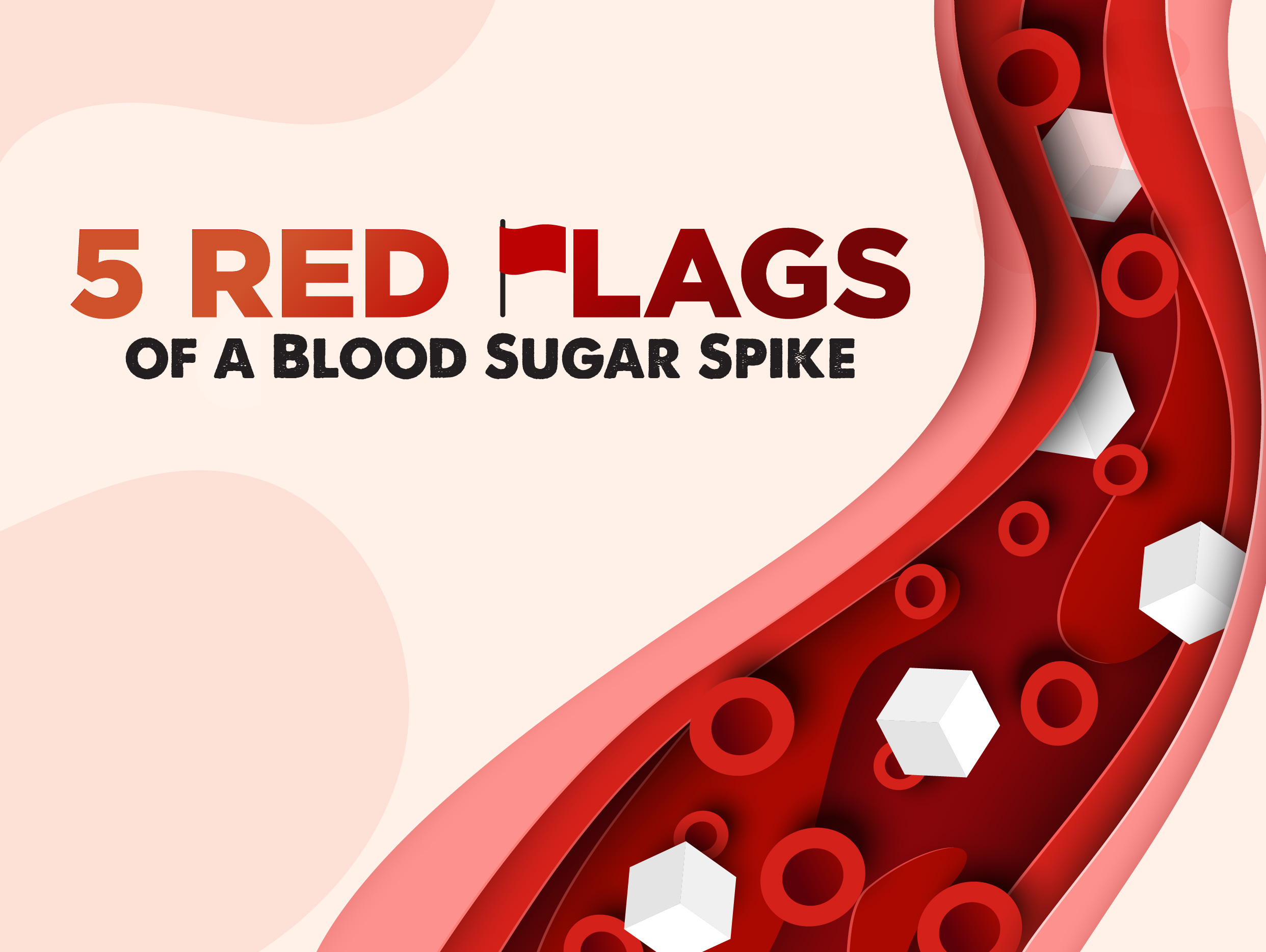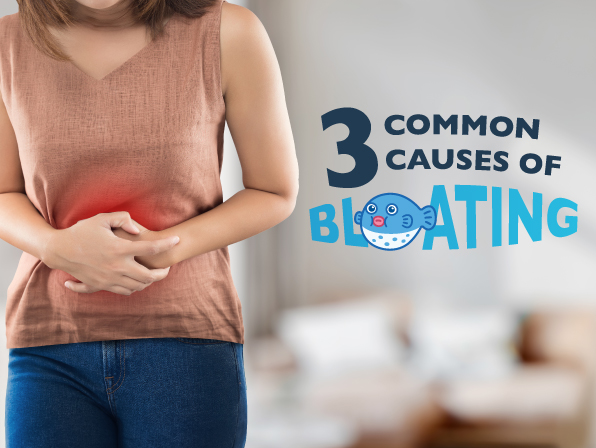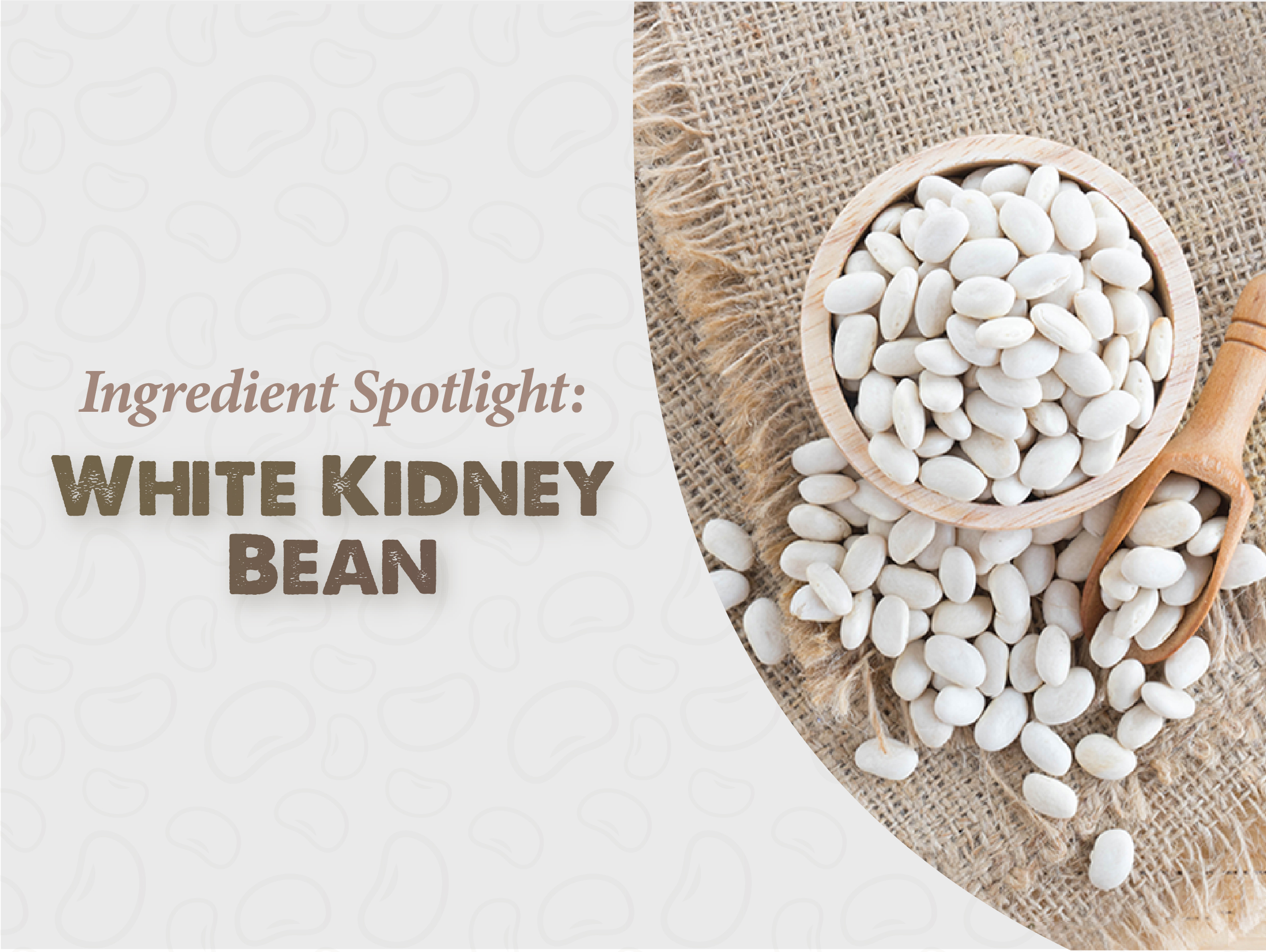Collagen
Collagen is the most abundant protein in the body, making up a third of the total protein composition. It is present in our muscles, skin, bones and tendons, working as a "glue" that helps hold the body together. It gives our skin strength and elasticity, and is responsible for the replacement and renewal of dead skin cells.
Collagen is well-known for its ability to support skin health, however there are other roles in which it plays.
1. Skin - Firms the skin, increases smoothness, and renews and repairs skin cells
2. Joints - Lubricates the joints so that tendons and ligaments move with ease
3. Nails and teeth - Strengthens nails and teeth as collagen is their building block
4. Cellulite or stretch marks - Improves skin's elasticity to reduce the appearance of cellulite and/or stretch marks
The body has the ability to produce collagen using amino acids however as we age, the body's collagen production naturally slows down. As a result, wrinkles, sagging skin and weaker cartilage in the joints surface. Other factors such as prolonged sun exposure, high intake of sugar and smoking can contribute to depleting collagen levels too.
There are four main types of collagen:
Type I: The main bulk of the body's total collagen and provides structure to skin, bones, tendons, fibrous cartilage, connective tissue and teeth
Type II: To promote joint and cartilage health
Type III: Usually found with type I, and mainly supports structure of muscles, organs and arteries
Type IV: To help with filtration of the skin
Common food sources include animal skin (e.g. pork, chicken) and bone broth.
Stay Inspired with Health Trends

5 Red Flags Of A Blood Sugar Spike

Your Ultimate Fitness Guide: 6 Best Exercises For Weight Loss

Santa's Helper: The Ultimate Guide to Surviving Holiday Parties Without Gaining Weight

7 Effective Ways To Prevent Overeating

3 Common Causes Of Bloating

Shake Your Way To Weight Loss

